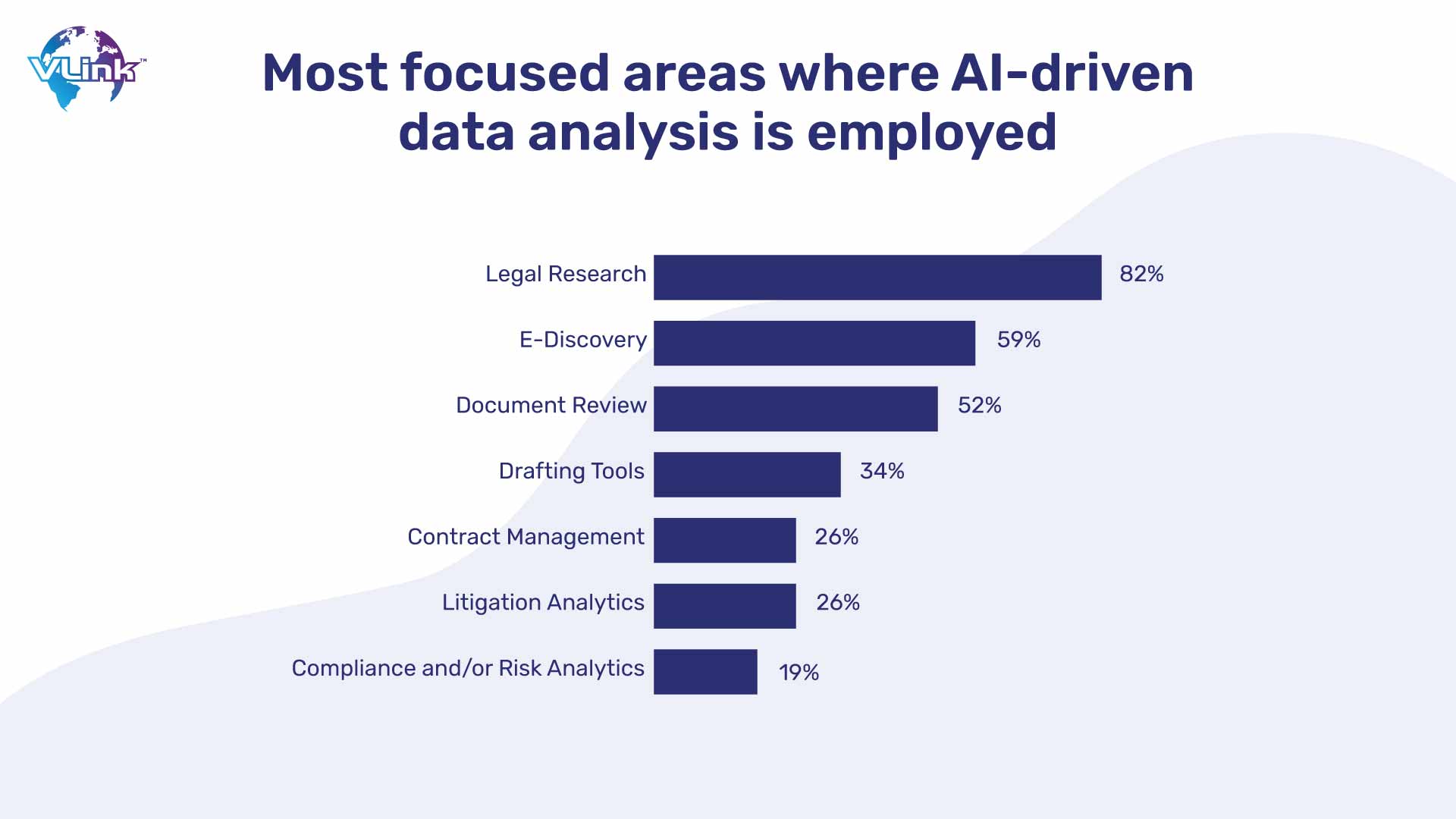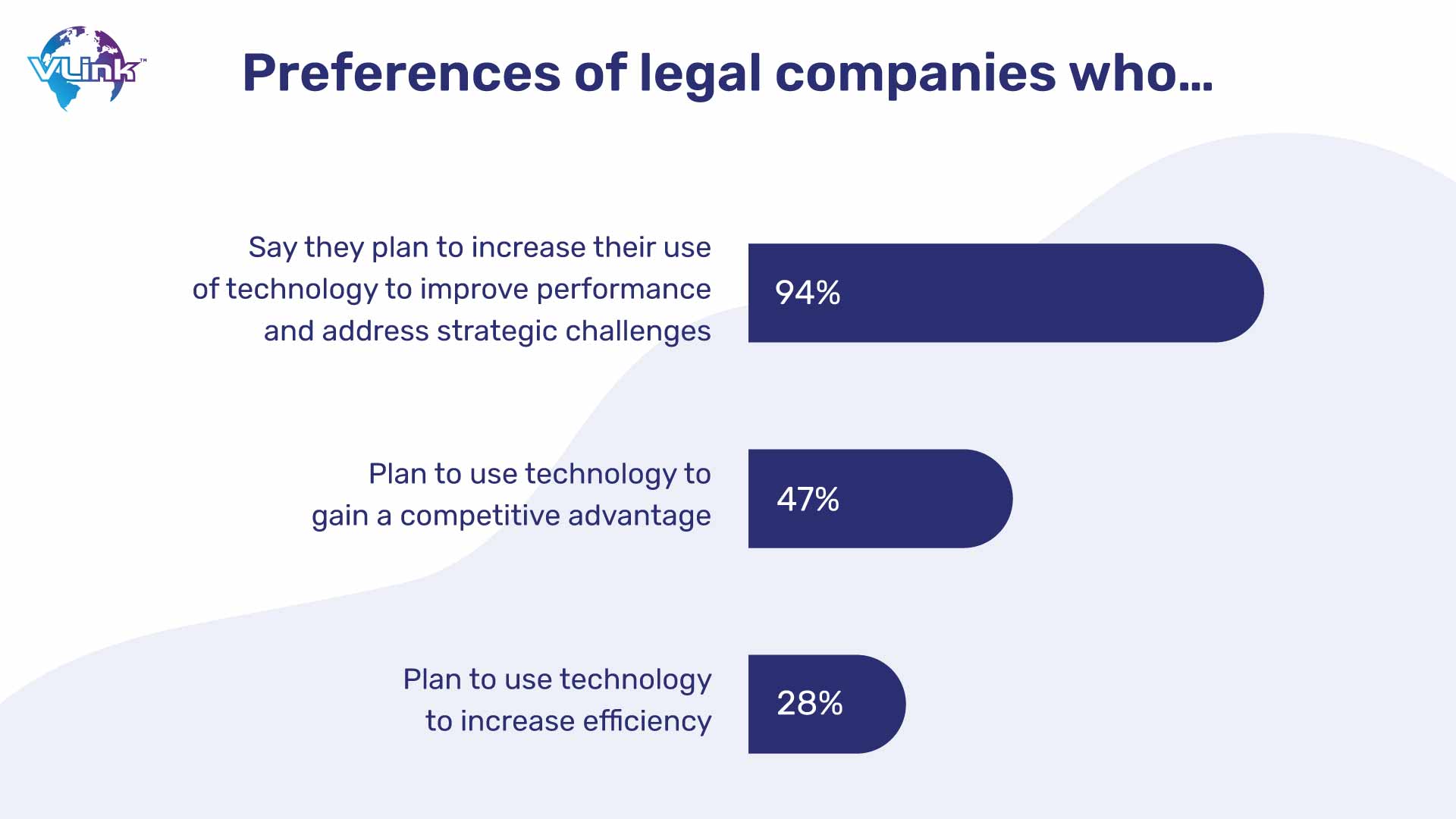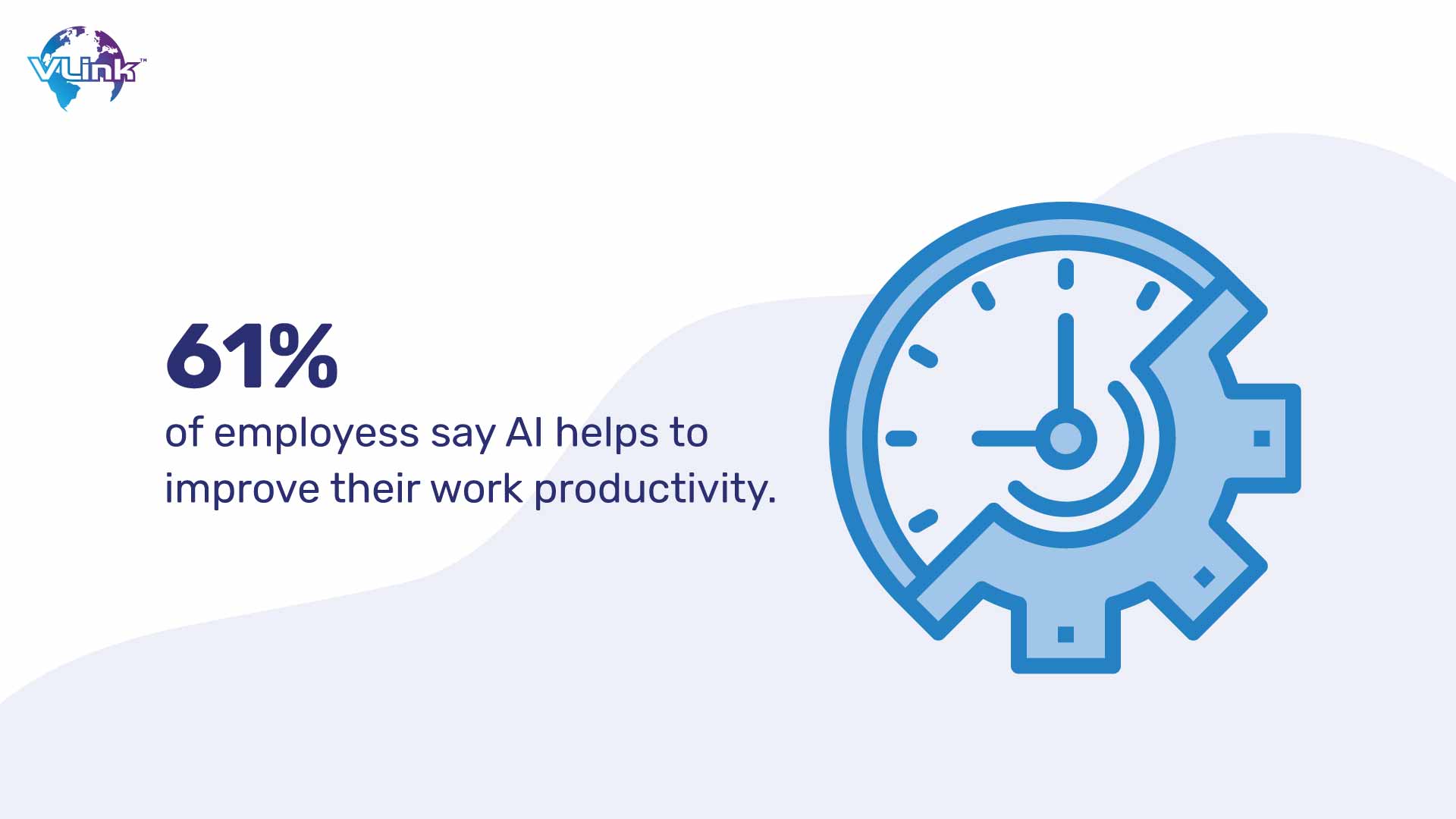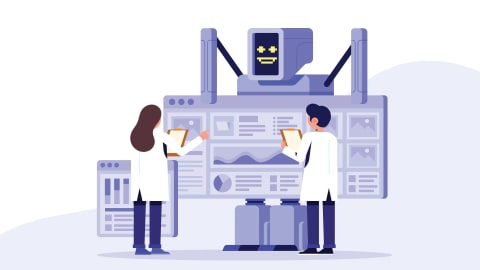The advent of Artificial Intelligence has helped every industry to become more advance – in terms of efficiency, competitiveness, and In the legal sector, you may have heard a lot about artificial intelligence (AI). While the notion may appear strange, legal firms are already employing artificial intelligence.
Furthermore, many in the legal sector are being assaulted with advertisements for AI-enabled products that will ostensibly make their practice more efficient.
All of this suggests that the legal sector requires a clearer grasp of what we mean by the phrase 'AI.' This includes present and anticipated applications in the legal business, as well as ways they may already be utilizing AI.
When you know what you're talking about, you'll be in a better position to assess promises of magic with legal AI software objectively rather than being dazzled by them.
AI and big data analytics are altering the way attorneys think, do business, and engage with clients. Legal technology is not the only application of artificial intelligence. It represents the next big promise for resolving or improving access to justice and entirely transforming our existing legal system.
Let us go into the interesting field of AI, big data analytics, and how it is revolutionizing the judicial system itself.
Performing legal analytics using AI & big data
The most recent legal software makes forecasts or detects trends in massive datasets using AI and big data analytics. Legal analytics are being used by firms to forecast patterns and results in intellectual property litigation and are increasingly being expanded to other forms of complicated litigation.
With the advancement of new technology, businesses may also employ a vast database of legal firm billing information to give baselines, comparative analysis, and recommendations for efficiency improvements to both in-house counsel and outside law firms.

We have recently seen the application of legal analytics in court opinions to forecast how certain judges would rule on cases, including advice on specific precedents and wording that may appeal to a given judge.
How AI & big data helps in driving legal intelligence?
The use of big data analytics is ushering in a new era of legal intelligence. Big data analytics, with its capacity to detect patterns, correlations, and critical insights in massive volumes of data, enables attorneys to evaluate vast amounts of data rapidly and correctly, allowing them to make better educated legal choices.
To make educated legal choices, lawyers and legal decision-makers are increasingly relying on big data analytics. Predictive analytics, for example, can assist attorneys and legal decision-makers in anticipating and planning for future legal outcomes.
Predictive analytics may reliably forecast the likelihood of success or failure in a certain case by analyzing historical legal cases using algorithms. This may be quite useful in assisting legal decision-makers in making the best-informed conclusions possible.
Big data is also assisting attorneys and legal decision-makers in identifying, monitoring, and analyzing legal trends in their sectors. This may be extremely beneficial in assisting legal decision-makers in making better judgments and preparing for any prospective legal challenges that may occur.
Lawyers and legal decision-makers may correctly detect and follow trends in their domains with the right algorithms and data sets, allowing them to make better informed judgments and predict prospective legal difficulties.
The first major use of AI and big data analytics in legal practice is technology-assisted reviews (TAR). They organize, analyze, and explore huge, heterogeneous databases using technology solutions. According to studies, TAR enhances efficiency in document review time by a factor of fifty when compared to human reviews.

Predictive coding, for example, is a TAR approach that can be used to train a computer to detect important texts by starting with a "seed set" of papers and supplementing it with human feedback.
The taught computer can then rapidly and accurately examine vast amounts of papers, looking beyond individual words to consider the broader language and context of each page. Because of their efficiency and accuracy, TAR solutions are currently used by many major law firms.
Legal bots are interactive internet programs that communicate with an audience in order to assist with a certain function or to deliver tailored solutions to the recipient's specific scenario. Many law firms are using bots to help existing or potential customers cope with legal issues depending on various factors.
Other organizations are creating pro bono legal bots to help those who would not otherwise have access to legal resources. For example, a Stanford law graduate created DoNotPay, an online chatbot that has assisted over 160,000 individuals in resolving parking charges and is currently being expanded to assist refugees with their legal issues.
Legal education also got a productive way to make use of big data. Lawyers and legal decision-makers may get an unprecedented insight of the legal landscape and prospective legal consequences by employing big data analytics. This may be quite useful in assisting attorneys and decision-makers in staying current on legal developments and making the most informed judgments possible.
Also Read: Discovering Synergy Between Artificial Intelligence (AI) & NFT
Real-world examples of AI & data analytics in LegalTech
Regardless of these obstacles, there are several examples of successful AI and data analytics applications in law firms and corporate legal departments.
1- Kira Systems is an AI-powered contract analysis tool that many law firms and legal departments use. Kira Systems has been able to cut the time and expense of legal labor while simultaneously enhancing accuracy and consistency by automating contract evaluation.
2- LegalMation, an AI-powered litigation tool, is another effective example of AI deployment. LegalMation analyzes legal materials and generates reply pleadings using AI and big data, helping attorneys to produce legal filings rapidly and accurately.
3- LawGeex is an AI-powered contract review tool that analyzes and reviews contracts using natural language processing and machine learning. LawGeex can save attorneys time while improving the accuracy and consistency of legal work by automating contract evaluation. Several prominent firms, like eBay and PepsiCo, have adopted LawGeex to simplify their contract review procedures.
4- Luminance is an AI-powered legal analytics platform that analyzes enormous amounts of legal texts using machine learning. Luminance may save attorneys time while improving the quality and consistency of their work by automating document screening and analysis. Luminance has been utilized to simplify the due diligence and contract review procedures of numerous big law firms, including Clifford Chance and Slaughter & May.
Benefits of AI & data analytics in legal industry
While enhancing the data security of the systems is one thing companies never ignore, deploying the safest and appropriate measures provide crucial benefits. Have a look:
1- Increased Efficiency
AI and data analytics in legal technology can dramatically improve law firms' productivity. Artificial intelligence-powered technologies can automate time-consuming processes, allowing attorneys to concentrate on more difficult and high-value work. This technology can assist legal firms in saving time, reducing mistakes, and improving job quality.

2- Improved Accuracy
AI algorithms can analyze enormous volumes of legal material with great precision, lowering the possibility of mistakes. Furthermore, big data analytics may assist attorneys in jobs requiring precision, such as legal research, contract analysis, and document evaluation.
3- Cost Reduction
AI and data analytics can assist law firms in lowering expenses by automating formerly laborious operations. This technology can help legal firms save time and money by reducing the need for extra workers.
4- Enhanced Decision-Making
AI can help attorneys make better judgments by giving insights and predictive analytics. By analyzing legal data and forecasting the result of legal disputes, this technology can assist attorneys in making educated judgments.
Conclusion
While AI and big data analytics are progressing and playing a transformational role in the legal tech business, their existing limits prohibit them from completely replacing human attorneys. Instead, AI should be considered as a strong tool that may complement legal practitioners' talents, allowing them to perform more efficiently and effectively.
Law companies that embrace and incorporate AI technology into their practices will gain a competitive edge because they will be able to use AI's skills to expedite operations, improve accuracy, and provide more value to their clients.
How VLink can help in deploying AI & data analytics for your legal firm?
Legal businesses may use AI to increase their productivity, accuracy, and quality of work by considering the costs and advantages of AI and data analytics, as well as resolving ethical and data privacy concerns. The legal sector will surely continue to alter and innovate as AI technology evolves, and those that embrace big data analytics will be well-positioned for success.
VLink has deployed digital solutions for many industries including legaltech, having expertise of trending technologies to build innovative solutions. When you contact us for your legaltech project, you can expect the best level of service in all elements of the project.








 Shivisha Patel
Shivisha Patel

















